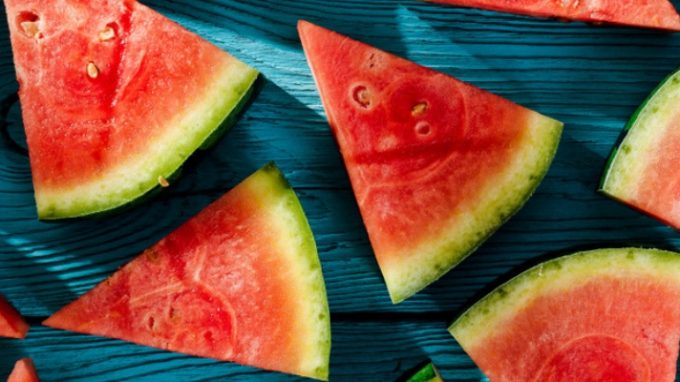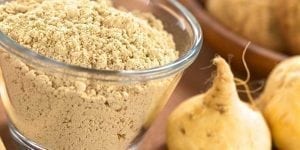Oysters, champagne and chocolate have long been at the top of most couples’ lists when planning a romantic menu. Research now suggests, though, it may be time to add a certain melon to the menu as well.
Watermelon is not just delicious and nutritious; researchers have discovered this tasty fruit may also have fertility-boosting powers! Learn about the fertility benefits of watermelon.
How Does Watermelon Enhance Fertility?
To understand how eating watermelon might be beneficial, it is important to look more closely at what is inside that bright green-and-white rind. This particular melon has a naturally high concentration of an amino acid called citrulline.
Citrulline has an interesting effect on the blood vessels of the body, which may also be one reason why the fruit is so popular for cooling down during the hot summer months.
Citrulline is able to cause blood vessels to dilate in a manner not unlike the popular erectile dysfunction drug Viagra. This makes watermelon an obvious choice for any meal rich in natural aphrodisiacs.
Researchers say the discovery that this watermelon contains citrulline isn’t news to them. It is the location of the citrulline that is a surprise; it is in the fleshy edible fruit and not just in the rind as previously thought.
This discovery is what has moved watermelon up out of its relative obscurity as a natural fertility enhancer and into the limelight.
How Does Citrulline Do What It Does?
Citrulline in its latent form isn’t going to do anything notable to the average blood vessel. When the body converts citrulline into another amino acid called arginine, though, that is when things start to get interesting.
Arginine is required to help the body produce nitric oxide. Nitric oxide is what actually helps the blood vessels to dilate.
How Much Citrulline Do You Need to Get the Dilating Effects?

What researchers do know is that four ounces of watermelon contains about 150 mg of citrulline. Beyond that, more research is needed to determine both quantity and frequency of consumption to achieve the desired effects.
Researchers Are Now Breeding New Varietals with Higher Citrulline Concentrations
As it turns out, when it comes to the quantity of citrulline contained in the flesh versus the rind, not all watermelons are created equal.
Some varietals naturally have more citrulline in the flesh than others. With this information, researchers have embarked on a new project to try to breed varietals that have a higher concentration of citrulline in the flesh as opposed to the rind.
Another motivation is that deep red varietals also contain an important antioxidant called lycopene that was formerly thought to exist only in tomatoes and red grapefruit. Lycopene is important in protecting heart health and skin health and guard against prostate disease.
The more lycopene was delivered, the greater the proportion of normally formed sperm in the seminal fluid.
Lycopene Is Beneficial for Sperm Count
Lycopene is not just important for heart and skin health or even to fight cancer and guard the prostate gland. It can also increase sperm count.
A whole melon, on average, contains up to 20 mg of lycopene. Taking in this quantity of lycopene may be able to boost the quantity of sperm by up to 67% and correct sperm abnormalities by up to 63%. The more that lycopene is taken, there is a greater proportion of normally formed sperm within the seminal fluid.
How to Consume the Fruit to Get the Citrulline You Need
Researchers state that watermelon will not lose citrulline or lycopene when stored uncut at room temperature. However, once you cut the fruit open, it is vital to refrigerate any uneaten portions to safeguard the quantity of the most important nutrients.
Conclusion
There is no doubt that natural foods can be great healers. The more researchers learn about beneficial compounds present in our favorite fruits, the more options we have to find the healing we need free from distressing side effects of many modern medications.
Always talk with your doctor before adding new foods to your diet if you are taking any required medications.




